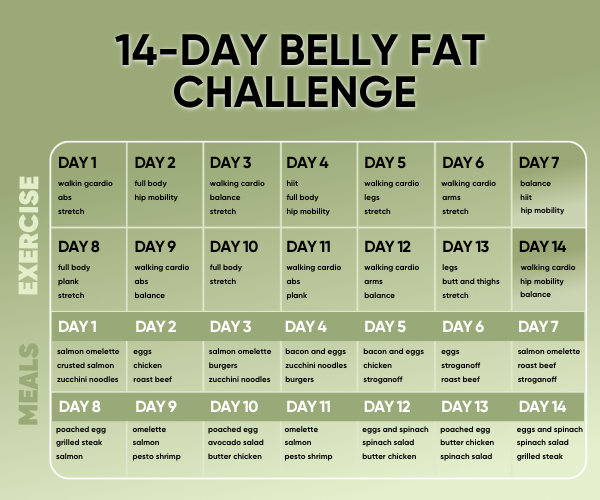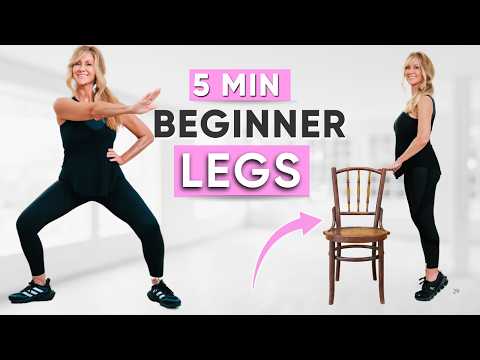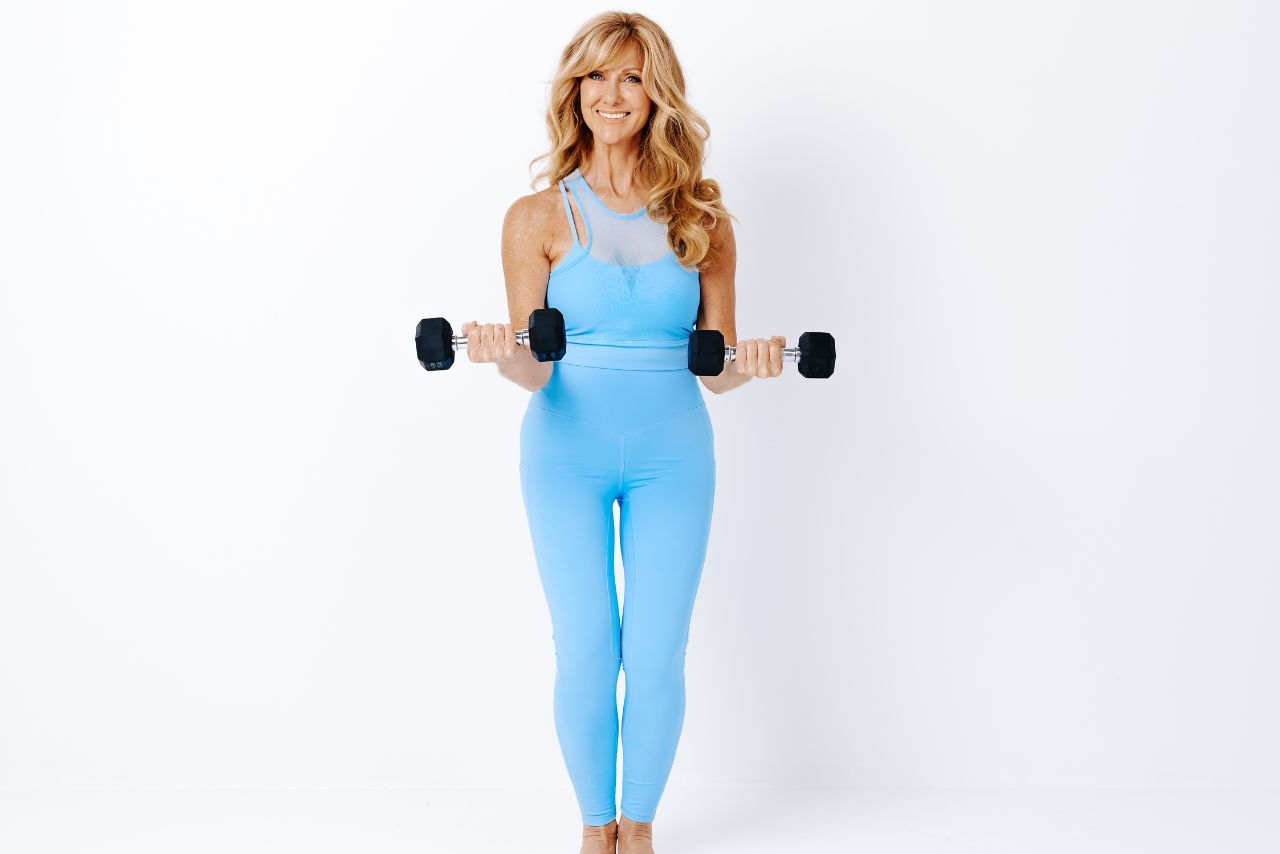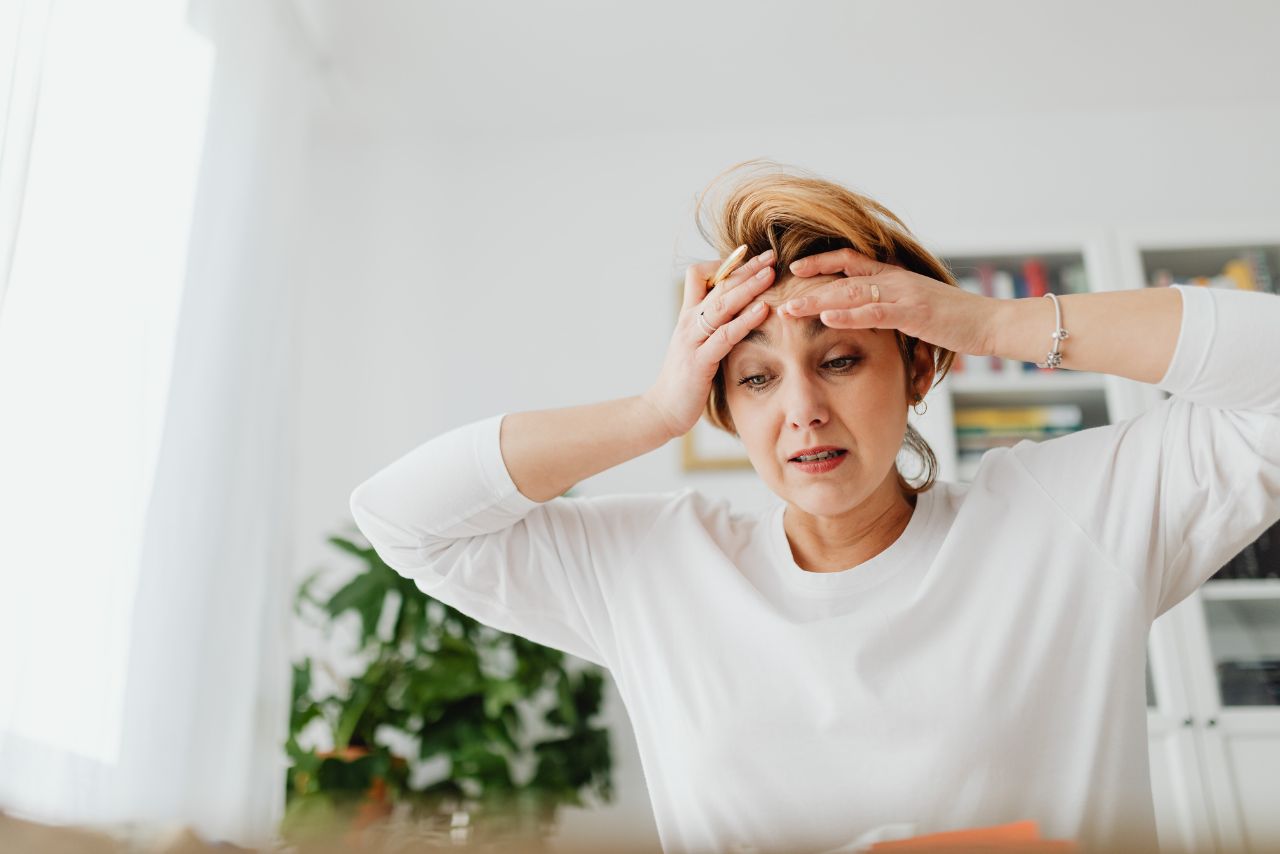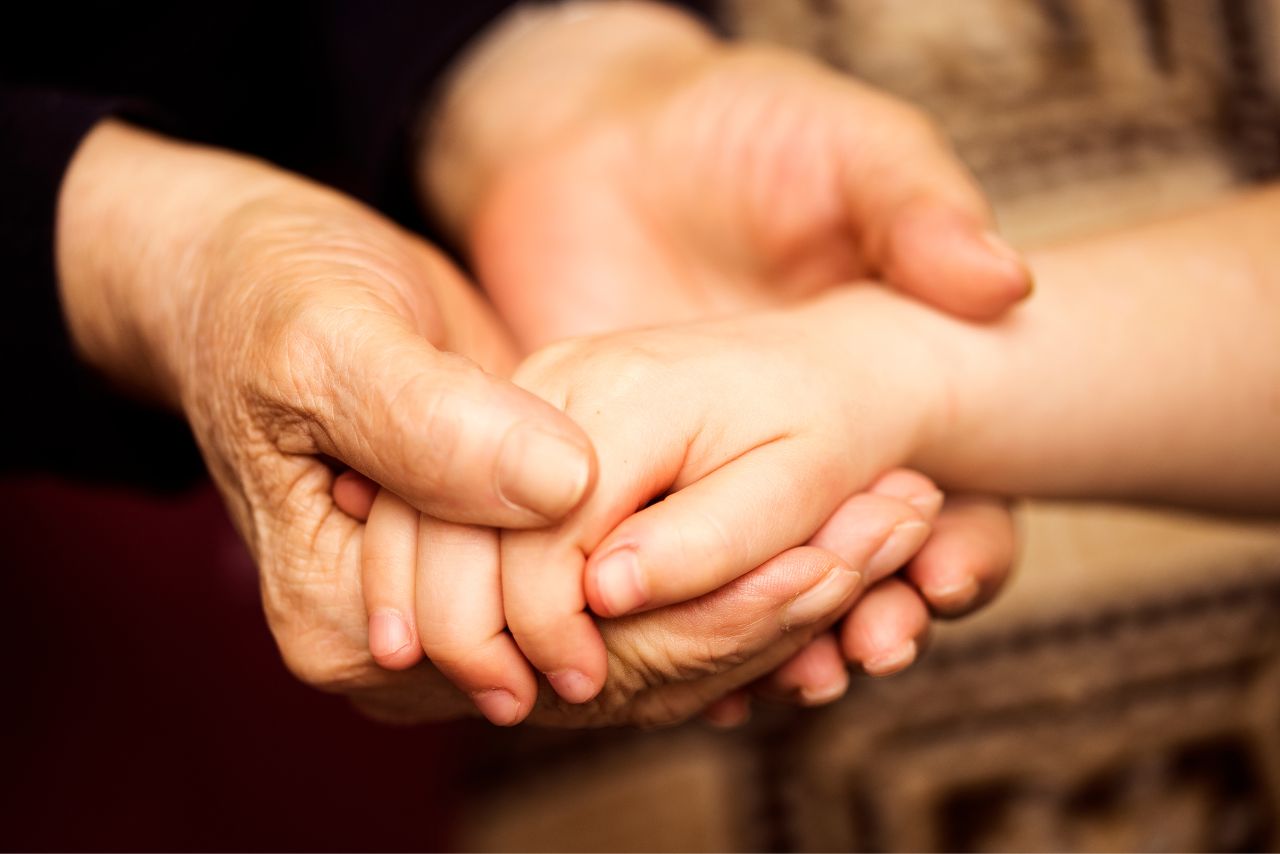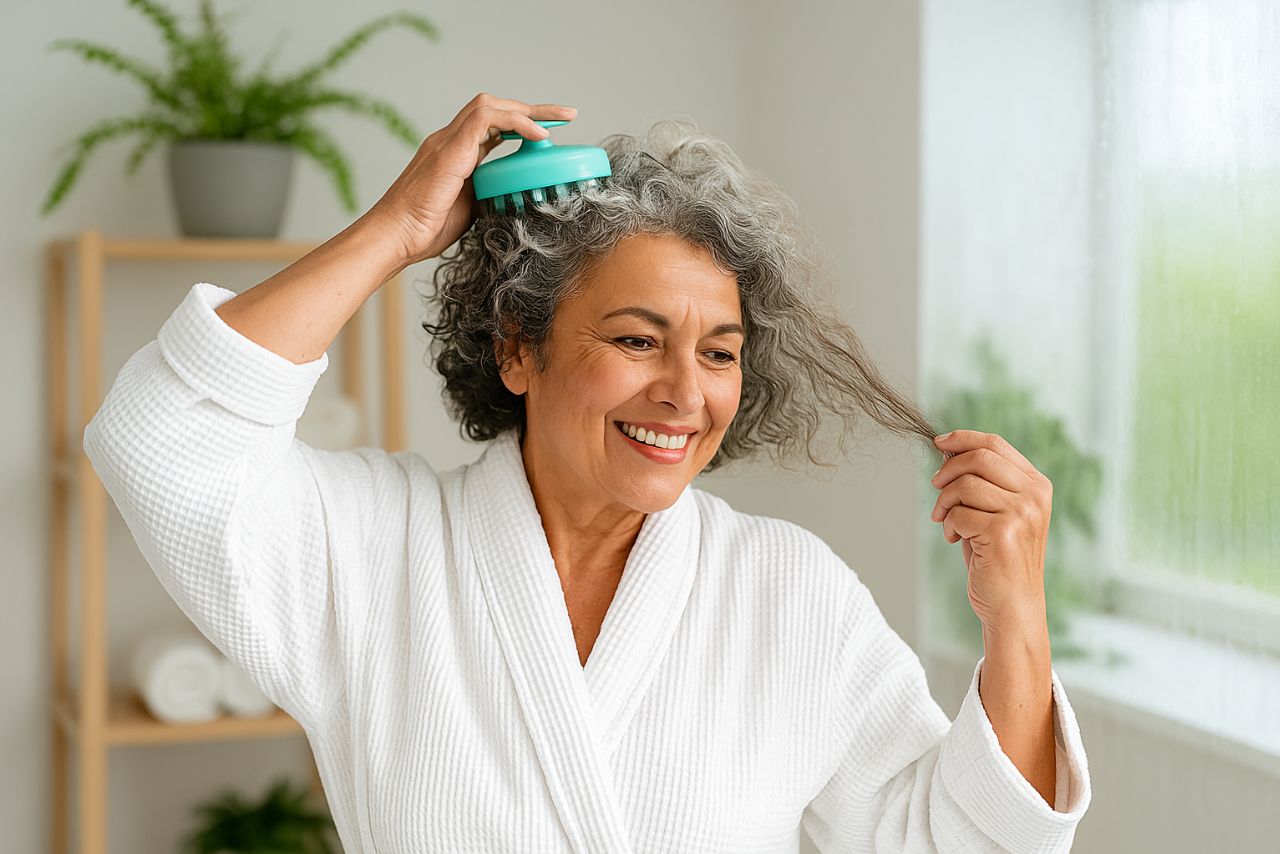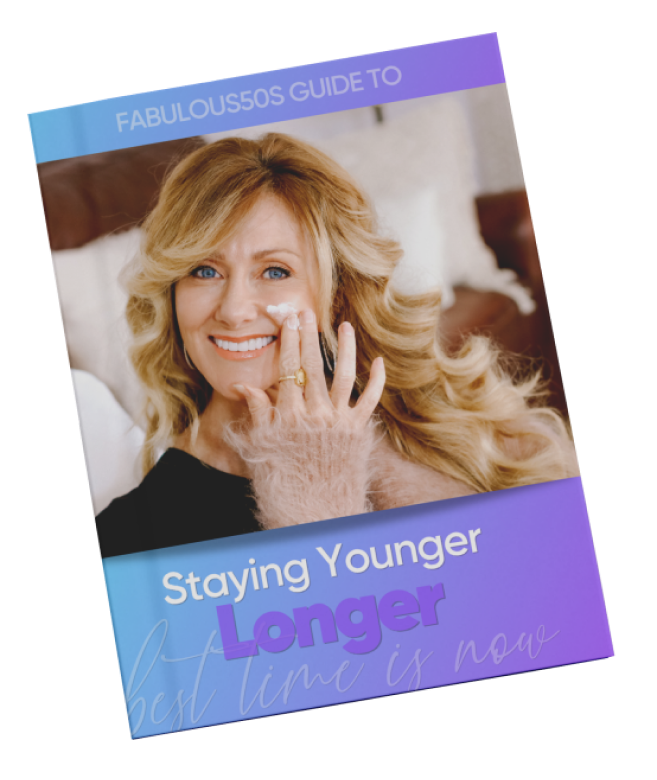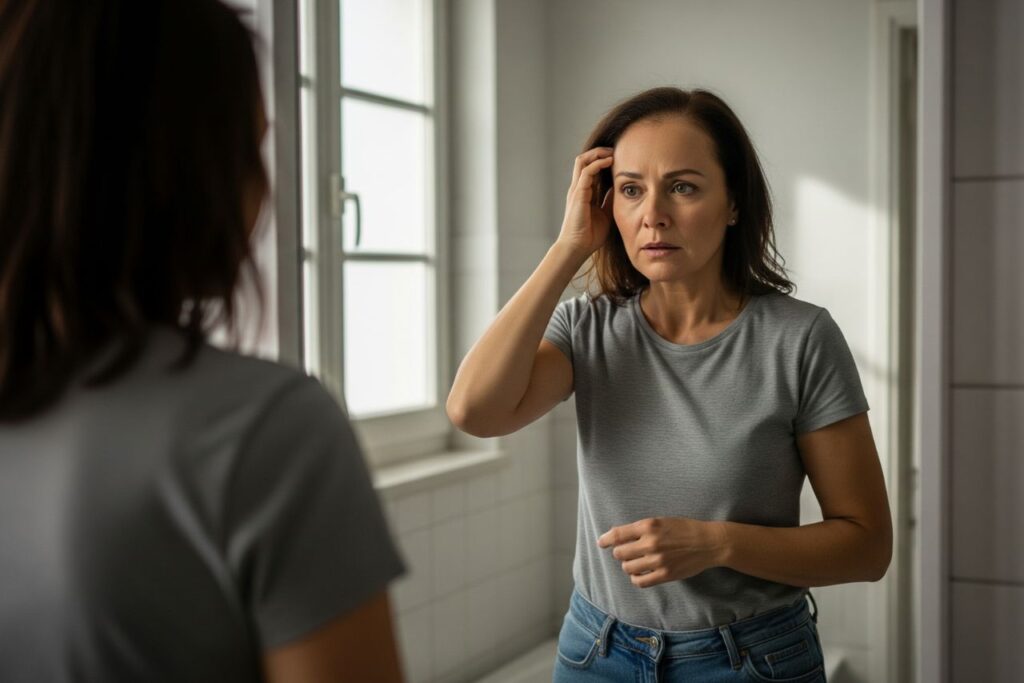
As we move gracefully through our 50s, our bodies start whispering changes, and sometimes, one of those whispers is our short hair loss.
You notice more strands on your pillow, in your brush, or circling the shower drain. At first, it feels subtle.
But over time, you start to wonder, is this normal? Should I be worried?
Understanding what’s happening with your hair is the first step to regaining control with strength, grace, and an abundance of self-love.
Let’s talk about what it means to experience short hair loss and when you should start to worry if you are losing your hair.
What Is Short Hair Loss and Why Is It Happening?
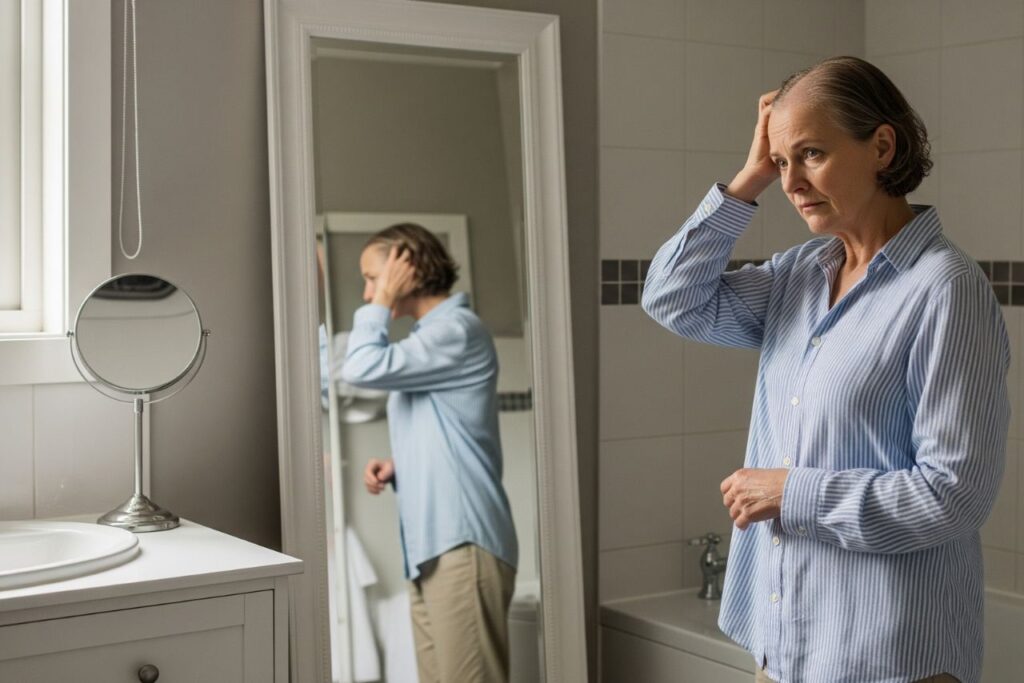
Short hair loss doesn’t always mean balding. It often refers to the loss of newly grown or regrown short strands before they’ve had the chance to grow long.
This is usually a hormonal sign for women over 50; your body’s natural change during menopause is the main force behind it.
When estrogen and progesterone levels decline, hair growth slows. The growth phase (anagen) becomes shorter, and more hair enters the shedding phase (telogen) sooner. This results in finer, thinner strands that fall out before they gain length.
Other contributors include:
- Thyroid imbalances
- Stress or trauma
- Nutrient deficiencies
- Overstyling or chemical treatments
- Genetics and aging
Signs That Short Hair Loss Isn’t Normal
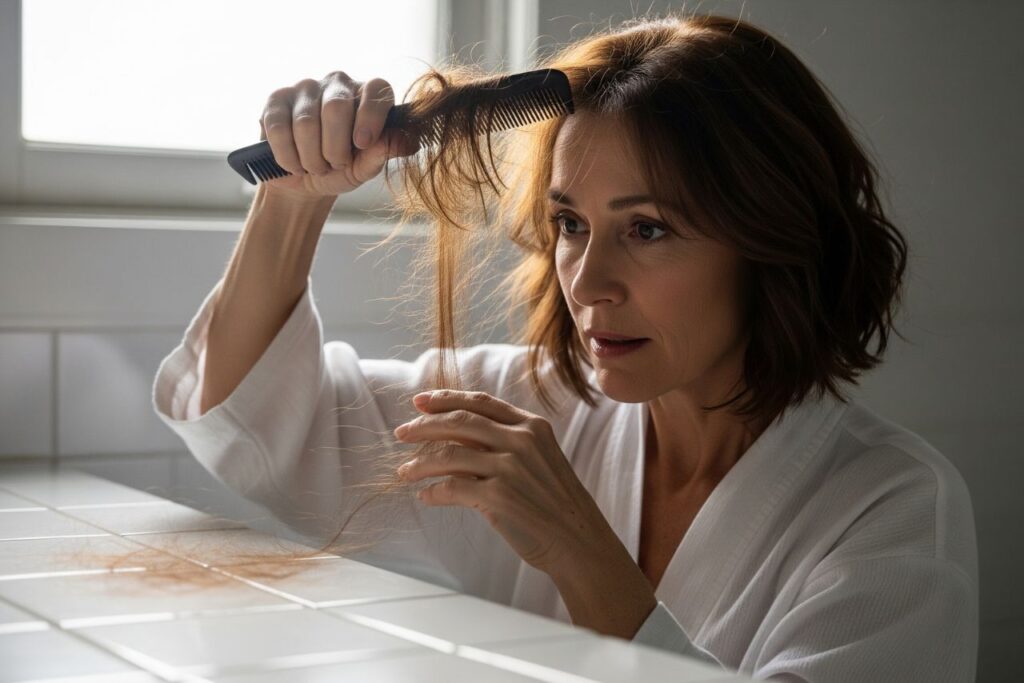
We all shed. But there’s a difference between natural shedding and a problem. Here’s when to pause and look deeper:
- You’re losing hair in patches, or you notice a widening part or thinning crown.
- Your short hairs are brittle and snap easily, even without heat styling.
- You notice scalp irritation, flakiness, or tenderness.
- You’ve had recent major life stress, surgery, or illness, especially in the last 3-6 months.
- The shedding is sudden or excessive, and it doesn’t improve.
You might want to see a dermatologist or trichologist if any of these sound like you. There’s no need to panic; you just need to be proactive and well-informed.
READ ALSO: 20 Thinning Hair Styles to Hide Female Hair Loss
The Real Connection Between Your Hormones and Hair
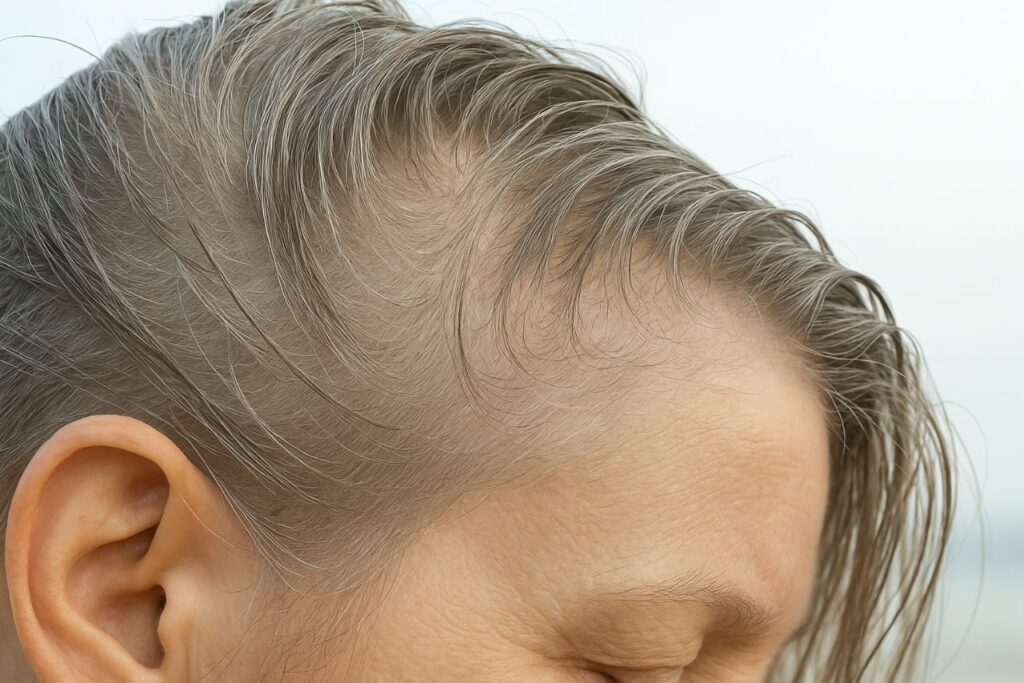
For women in their 50s, short hair loss is often tied to perimenopause and menopause. These life stages don’t just change your cycle; they change your hair’s behavior.
Estrogen helps keep hair in its growth phase, and when it drops, hair follicles shrink.
This leads to:
- Thinner individual strands
- Shorter growth cycles
- More fragile hair
Changes in other hormones, like higher testosterone-to-estrogen ratios, can also make hair grow where you don’t want it (hello chin hairs) and fall out where you do want it (your hairline or crown).
Knowing that hormones are a key driver helps us create a better plan of action.
READ ALSO: How Saw Palmetto Can Help With Menopausal Hair Loss
When Nutrients Are the Missing Piece

Hair health is closely linked to nutrition. If your hair is falling out prematurely or breaking off while still short, your body might be lacking something it needs.
Here are the top nutrients for preventing short hair loss:
- Iron: Essential for hair follicle cell growth. Women over 50 are still at risk for iron deficiency, especially if they’ve had heavy periods leading up to menopause.
- Zinc: Supports scalp health and hair strength.
- Vitamin D: Crucial for new hair follicle formation.
- Biotin and B Vitamins: Vital for keratin production, the protein your hair is made of.
- Protein: Protein is the building block of hair. If your diet lacks it, your strands will show it.
Talk to your doctor before supplementing, especially if you’re already on medications. But never underestimate how much power lives on your plate.
READ ALSO: Desperate for Hair Growth? This Super Drink Might Just End Your Hair Loss Struggles
Stress, Sleep, and Self-Care Are The Silent Influencers For Short Hair Loss
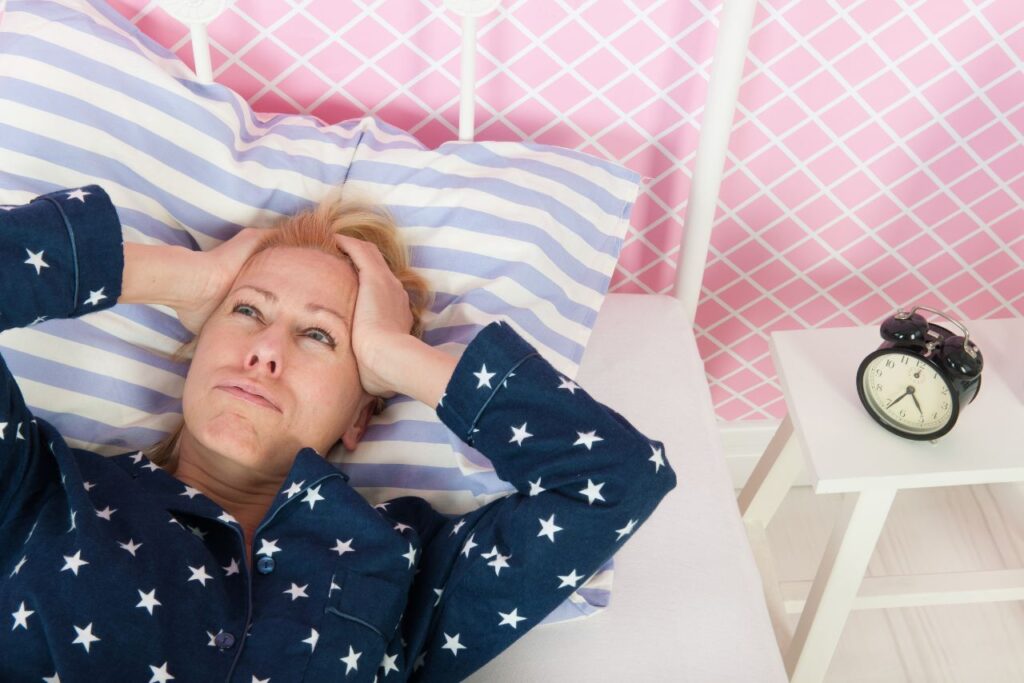
Chronic stress can trigger telogen effluvium, a type of hair loss where strands fall out in large quantities after emotional or physical stress. This includes:
- Divorce
- Grief
- Major illness or surgery
- Big lifestyle changes (even good ones!)
Sleep also plays a major role. Your body heals and grows new cells while you sleep. This includes your hair follicles. Poor sleep = poor growth. It’s that simple.
Managing stress isn’t just about bubble baths (though we love those too!). It’s about daily, sustainable habits that support your nervous system: gentle movement, meditation, journaling, breathing, and asking for help when you need it.
Hair Care Habits That Might Be Harming You

It’s not just what’s happening inside. How you treat your hair matters too.
- Are you brushing wet hair roughly?
- Do you tie your hair tightly in the same spot daily?
- Are you coloring or bleaching too often?
- Is your shampoo stripping your scalp dry?
These things can all cause short hair loss by breaking off the weak new hairs before they have a chance to grow.
Try this instead:
- Use a wide-tooth comb on damp hair.
- Switch to gentle, sulfate-free shampoos.
- Sleep on silk pillowcases to reduce friction.
- Use lightweight oils or serums to protect ends.
Your hair deserves the same love you give to your skin.
Is It Female Pattern Hair Loss (FPHL)?

Sometimes, short hair loss is part of a more complex condition known as Female Pattern Hair Loss (FPHL). This type of hair thinning is progressive and often hereditary.
It typically shows up as:
- A widening part
- Thinner hair at the crown
- Gradual loss rather than sudden shedding
While it’s common, it’s not untreatable. Options like minoxidil, low-level laser therapy, and PRP treatments have shown positive results for many women. The sooner you address it, the better your outcomes.
Natural Remedies to Try First For Short Hair Loss
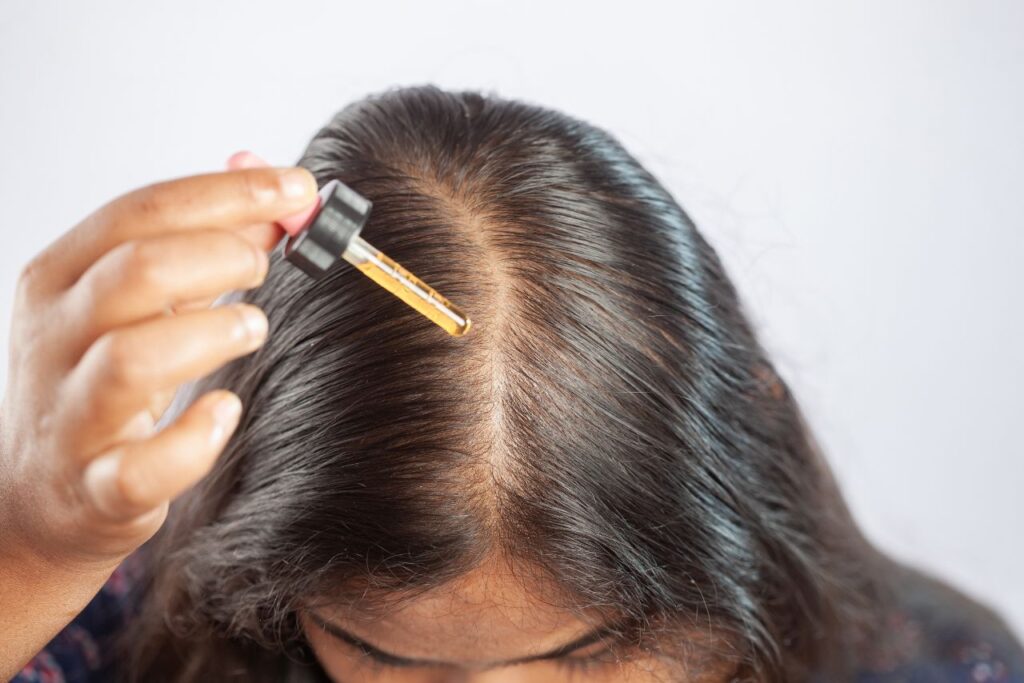
If you’re just starting to notice short strands not making it to your shoulders, these natural options may help:
- Rosemary Oil: A natural DHT blocker and circulation booster.
- Pumpkin Seed Oil: Shown in some studies to support hair growth in women.
- Scalp Massage: Increases blood flow and stimulates follicles.
- Aloe Vera Gel: Soothes the scalp and reduces inflammation.
Consistency is key. These remedies won’t work overnight, but with daily care, they can support healthier, longer-growing strands.
When to See a Professional
You don’t need to wait until your hair loss becomes severe. If you feel something’s off, trust that instinct.
Consider seeing a:
- Dermatologist: For a scalp exam and diagnosis.
- Endocrinologist: To check hormones and thyroid levels.
- Trichologist: A specialist in hair and scalp conditions.
Bring photos, write down symptoms, and advocate for full blood work. You deserve a solution that works for your body.
Loving Yourself Through the Changes

Short hair loss can feel defeating at times, but remember that you are not your hair. You are a complete, radiant, and powerful woman, and your hair is merely one aspect of the rich tapestry of your life.
Sometimes hair loss becomes an invitation: to care more deeply, to shift something, or to simplify your style and step into a version of yourself that’s lighter, freer, and just as gorgeous.
You are still you. Beautiful, wise, and worthy of every ounce of care.
Closing Thoughts
If you’re experiencing short hair loss, you are not alone, and you’re not powerless. Figuring out what’s going on, whether it’s hormones, stress, or something else, gives you the strength to act in a wise and kind way.
Start by nourishing your body, reviewing your routines, and asking the right questions. Reach out for help, explore gentle treatments, and above all, be kind to yourself.
Hair might change, but your radiance only grows.

